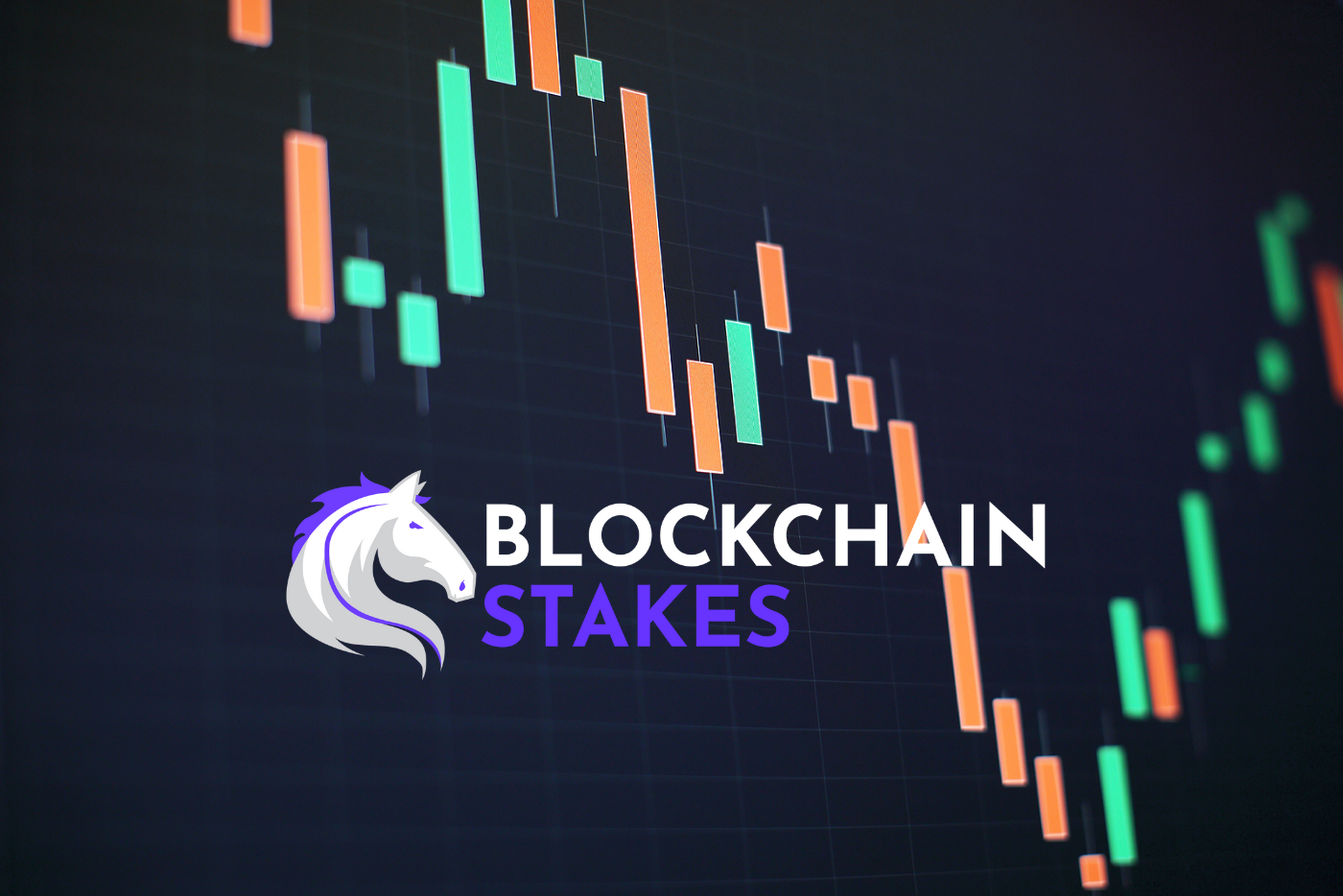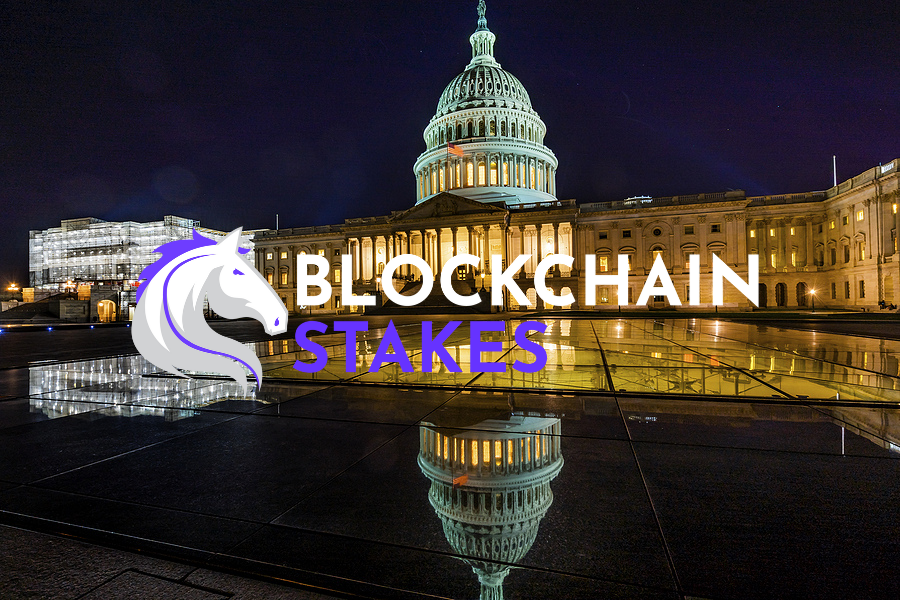In the latest U.S. presidential election, an anonymous French trader known only as “Théo” turned heads worldwide with a $30 million bet on former President Donald Trump. This audacious gamble wasn’t placed in a traditional sportsbook or casino but on Polymarket, a decentralized, blockchain-based prediction market. Théo’s story is now sparking conversations about the accuracy of prediction markets, the role of alternative polling, and the regulatory future of cryptocurrency-based betting platforms.
Let’s explore who Théo is, his methods, the implications of his incredible win, and the impact of this wager on the future of crypto-based prediction markets.
Background and Identity of the Polymarket “Whale” Théo
Despite the staggering sums involved, little is known about Théo’s personal life. He has revealed a few intriguing details about his background, indicating a career steeped in finance and trading. Described as a prosperous, highly skilled individual, Théo has a history of trading for major banks and boasts an impressive resume in traditional financial markets. Originally from France, he once lived in the United States, giving him a unique perspective on American politics and the financial landscape.
Despite his massive stake and public success, Théo values his privacy. He remains anonymous by choice, revealing only that he has a “short, neatly trimmed beard” and speaks English with a slight accent. His goal, he claims, is purely financial — Théo insists that his motivation was not political but strictly a pursuit of profit. “My intent is just making money,” he stated, clarifying that he had no personal interest in the outcome beyond its impact on his returns.
Théo’s Betting Strategy and Motivation
Théo made waves by placing more than $30 million in wagers across four anonymous Polymarket accounts. His high-stakes bets included predictions that Trump would win the election, secure the popular vote, and perform better than his primary opponent, Kamala Harris, in key battleground states. Théo’s rationale was based purely on anticipated returns, with no political agenda driving his investment.
Théo’s bold decision to back Trump contrasts sharply with traditional polling data, which largely indicated a close race with no clear favorite. While mainstream polls were showing narrow margins or even favoring Harris, Théo’s faith in his unconventional methods suggested he saw flaws in widely accepted polling models. His approach highlights how prediction markets can serve as an alternative lens through which to analyze election dynamics — one that doesn’t necessarily rely on conventional polling data.
Methodology: Théo’s Unconventional Polling Tactics
Théo’s success didn’t stem from guesswork but from a carefully devised strategy rooted in unique polling techniques. Unlike traditional surveys, Théo relied on “neighbor polls,” an approach where people are asked not about their own political preferences but about those of their neighbors. This tactic is built on the theory that individuals may feel uncomfortable revealing their true opinions to pollsters, especially when supporting polarizing candidates. Neighbor polls aim to bypass this hesitancy by tapping into community insights rather than personal disclosures.
Théo combined this technique with independent surveys conducted in partnership with a reputable polling firm. He believed that traditional polling models often fail to account for the “shy Trump voter effect” — a phenomenon where some voters prefer not to disclose their support for Trump in direct polls. Théo’s methodology, therefore, sought to capture these hidden opinions, providing him with what he saw as a clearer picture of voter sentiment.
Théo’s unique approach to polling challenges the dominance of traditional methods and raises questions about their accuracy. His significant success lends credence to the idea that alternative techniques, such as neighbor polling, may offer insights that conventional models miss.
Outcome and Profits: Théo’s Big Win on Polymarket
When the election results rolled in, Théo’s risky gamble paid off handsomely. Trump’s victory meant that Théo’s predictions were largely correct, leading to an estimated profit of $48-50 million. This enormous win underscores the potential of prediction markets to yield massive returns for those willing to embrace calculated risks.
However, the stakes were high. If Trump had lost the election, Théo would have faced near-total losses on his $30 million investment. His success illustrates the dual nature of high-stakes betting — the potential for extraordinary rewards tempered by equally significant risks.
The magnitude of Théo’s gains also highlights Polymarket’s role as a disruptive force in the world of political betting. By providing a decentralized, blockchain-based platform for prediction markets, Polymarket enables large-scale betting without the oversight and restrictions associated with traditional sportsbooks. This lack of regulation, while attractive to some, raises questions about fairness, accountability, and the broader implications of unrestricted high-stakes wagering.
Polymarket Whale Profits Top $48 Million From Trump Victory https://t.co/5Cu7FP1rYL
— zerohedge (@zerohedge) November 6, 2024
Regulatory Scrutiny: The Aftermath of Théo’s Win
Théo’s massive bet and subsequent victory have not gone unnoticed by regulatory authorities. In France, where gambling laws are stringent, there is growing concern about the accessibility of platforms like Polymarket. French regulators are reportedly considering a ban on Polymarket to curb large-scale, unregulated gambling, particularly in politically sensitive areas such as national elections.
The regulatory interest in Polymarket is emblematic of a broader trend: as cryptocurrency-based prediction markets gain prominence, they increasingly attract the attention of governments and financial watchdogs. While these platforms offer unparalleled freedom and flexibility, they also challenge existing regulatory frameworks designed for traditional gambling operations. Théo’s case highlights the need for clarity on how decentralized prediction markets should be monitored and controlled to ensure transparency, fairness, and consumer protection.
The regulatory scrutiny Polymarket now faces could have a lasting impact on the future of crypto-based prediction markets. If bans or restrictions are imposed, they may limit the growth and accessibility of these platforms, affecting not only high-profile traders like Théo but also everyday users looking to participate in decentralized betting.
The Broader Implications of Théo’s Wager on Prediction Markets
Théo’s success has implications far beyond his own profit margin. His story highlights several critical aspects of prediction markets, including their potential as tools for forecasting, their impact on public perception, and the regulatory challenges they face.
- Market Dominance: Théo’s extensive betting activity allowed him to control a significant portion of Polymarket’s election-related contracts. His positions represented roughly 25% of contracts predicting Trump’s Electoral College win and over 40% predicting his popular vote victory. This level of control gave him considerable influence over Polymarket’s odds, effectively skewing the market in favor of his predictions.
- Market Liquidity: Théo’s large positions also affected Polymarket’s liquidity. Because his bets were so sizable, he couldn’t easily exit his positions without causing significant price shifts, a risk that highlights the challenges of liquidity in smaller markets. This lack of liquidity potentially limits the effectiveness of prediction markets as reliable indicators, as large players like Théo can disproportionately influence outcomes.
- Influence on Odds and Perception: Théo’s bets shifted Polymarket’s odds noticeably. On Election Day, Polymarket displayed Trump with a 58.6% chance of winning, while Kamala Harris held a 41.4% chance — a sharp contrast to mainstream polls that suggested a near-even race. Polymarket seized on this discrepancy, framing its odds as proof of its accuracy relative to conventional polling. By positioning itself as a more accurate forecaster, Polymarket makes a compelling case for the role of decentralized platforms in election forecasting.
- Regulatory Consequences: Théo’s case has placed cryptocurrency-based prediction markets in the regulatory spotlight. As more traders engage in high-stakes betting on platforms like Polymarket, there is increasing pressure on regulators to establish clear guidelines. The French government’s potential ban on Polymarket underscores the tension between innovation and regulation, with authorities concerned about the risks of unregulated betting.
Conclusion: The Future of Prediction Markets After Théo’s Win
Théo’s multimillion-dollar win on Polymarket represents more than just a financial success; it serves as a case study in the evolving world of prediction markets. His reliance on unconventional polling techniques, willingness to risk significant sums, and success in navigating a decentralized betting platform underscore the transformative potential of crypto-based prediction markets.
However, Théo’s story also highlights the challenges facing these platforms. Issues of liquidity, market manipulation, and regulatory oversight are all in focus as platforms like Polymarket grow in popularity. As regulators move to address the unique challenges of decentralized prediction markets, the future of crypto-based betting may hinge on balancing innovation with consumer protection and transparency.
For now, Théo’s win stands as a testament to the boldness of high-stakes betting in the age of decentralized finance. His story is a reminder of the rewards and risks that come with pioneering new financial frontiers — and a sign of the complex conversations ahead as prediction markets continue to reshape the landscape of global finance.




















